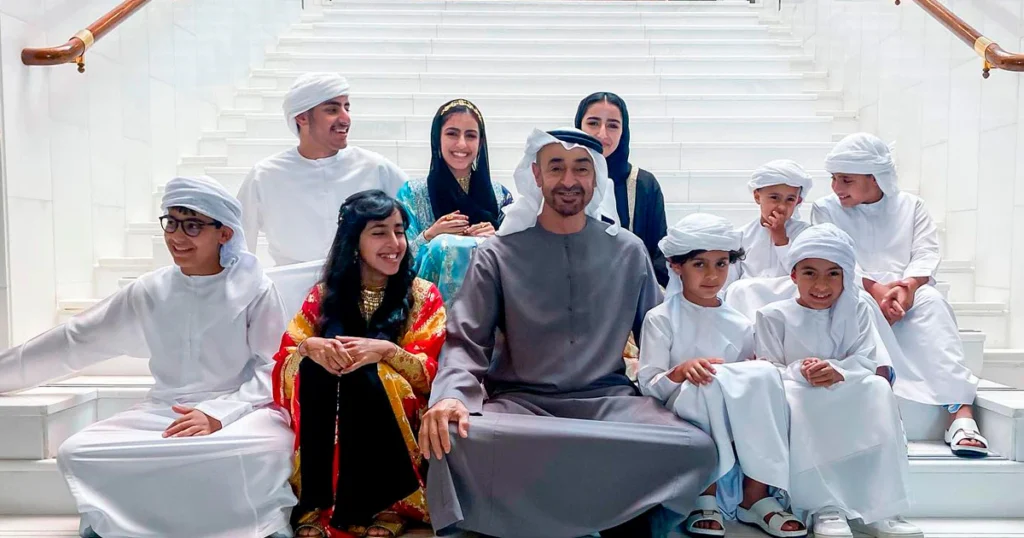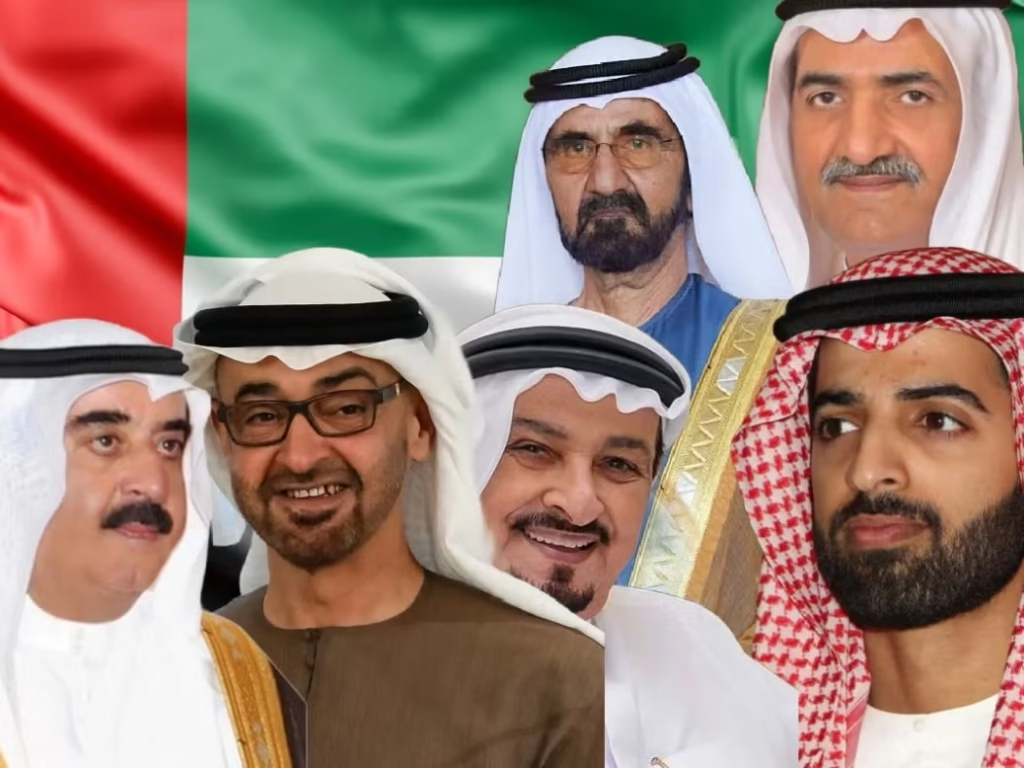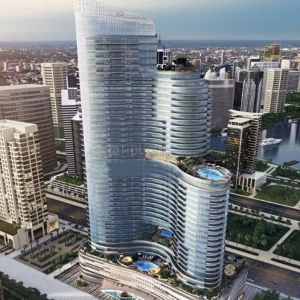The United Arab Emirates (UAE) is a federation of seven emirates, each governed by its own royal family. These families have played pivotal roles in shaping the nation’s trajectory, blending deep-rooted traditions with ambitious visions for the future. From steering economic diversification to championing technological advancements, the UAE’s royal families are at the forefront of the country’s rapid evolution.
The Seven Emirates (UAE) and Their Ruling Families
- Abu Dhabi – The Al Nahyan Family As the capital and largest emirate, Abu Dhabi is ruled by the Al Nahyan family. Their leadership has been instrumental in harnessing the emirate’s vast oil reserves to fuel national development. The late Sheikh Zayed bin Sultan Al Nahyan, founder of the UAE, is celebrated for uniting the emirates in 1971. His legacy continues under the current leadership, focusing on economic diversification and sustainable growth.
- Dubai – The Al Maktoum Family The Al Maktoum family has transformed Dubai from a modest trading port into a global metropolis. Under their guidance, Dubai has become synonymous with innovation, tourism, and business excellence. Landmarks like the Burj Khalifa and initiatives such as the Dubai International Financial Centre exemplify their forward-thinking approach.
- Sharjah and Ras Al Khaimah – The Al Qasimi Families The Al Qasimi families govern both Sharjah and Ras Al Khaimah. Sharjah, under their rule, has earned recognition as a cultural hub, hosting numerous arts and heritage events. Ras Al Khaimah focuses on industrial growth and tourism, leveraging its natural landscapes to attract visitors.
- Ajman – The Al Nuaimi Family Ajman, the smallest emirate, is led by the Al Nuaimi family. They have prioritized infrastructure development and economic reforms, fostering a business-friendly environment that appeals to investors and entrepreneurs.
- Umm Al Quwain – The Al Mualla Family The Al Mualla family oversees Umm Al Quwain, emphasizing the preservation of the emirate’s rich heritage while promoting sustainable development. Their initiatives often focus on environmental conservation and cultural preservation.
- Fujairah – The Al Sharqi Family Fujairah, unique for its coastline along the Gulf of Oman, is ruled by the Al Sharqi family. They have leveraged the emirate’s strategic location to develop its port facilities, boosting trade and economic activity.

Recent Developments and Initiatives
- Technological Advancements Sheikh Tahnoun bin Zayed Al Nahyan, the UAE’s national security adviser and a member of the Al Nahyan family, oversees a $1.5 trillion sovereign wealth portfolio. He is channeling significant investments into artificial intelligence (AI), aiming to position Abu Dhabi as a global AI leader. Collaborations with major tech companies, including a $1.5 billion investment from Microsoft into G42, highlight this commitment.
- Cultural and Social Initiatives In May 2024, Sheikha Mahra bint Mohammed bin Rashid Al Maktoum and Sheikh Mana announced the birth of their daughter, marking a joyous occasion for the Dubai royal family. This event underscores the family’s emphasis on tradition and the importance of lineage.
- Economic and Infrastructure Development The UAE continues to unveil ambitious infrastructure projects. Plans for a new ‘super tower’ in Dubai, launched by a member of the royal family, aim to redefine the city’s skyline and attract global attention. Additionally, Abu Dhabi has announced $8.2 billion in new developments, reflecting the leadership’s commitment to economic growth and diversification.
Balancing Tradition and Modernity
The UAE’s royal families adeptly balance the preservation of cultural heritage with the pursuit of modernity. While they honor longstanding traditions, their policies and initiatives often embrace innovation and global engagement. This duality is evident in various sectors:
- Education and Youth Empowerment Recognizing the importance of education, the royal families have invested heavily in world-class educational institutions and programs that prepare the youth for future challenges. Scholarships, international partnerships, and state-of-the-art research facilities are part of this strategic focus.
- Women’s Empowerment The UAE has made significant strides in promoting women’s roles in society. Women occupy prominent positions in government, business, and academia, reflecting the leadership’s commitment to gender equality and empowerment.
- Cultural Preservation Initiatives to preserve and promote Emirati culture are evident through museums, cultural festivals, and heritage sites. These efforts ensure that as the nation progresses, its rich history remains celebrated and intact.
Conclusion
The royal families of the United Arab Emirates are the custodians of a unique blend of tradition and modernity. Their visionary leadership has propelled the nation onto the global stage, fostering economic prosperity, technological innovation, and cultural richness. As the UAE continues to evolve, the guiding influence of its royal families remains a cornerstone of its success and identity.

Also read: Louis Vuitton’s Grand Expansion in Dubai: A New Era of Luxury Shopping













